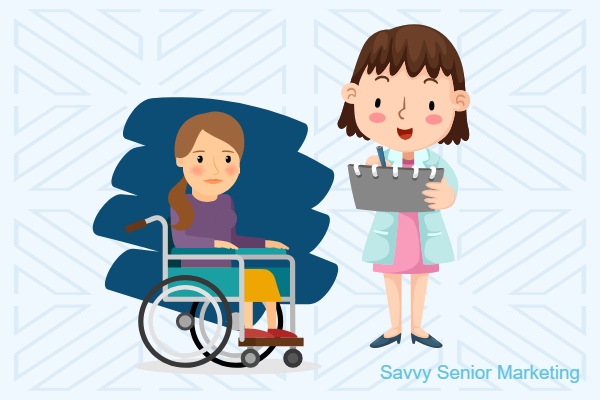Home care is a booming industry, but the training that is required of workers might not be enough, says a Feb. 17 Sunday Chicago Tribune article.

The question is being raised against a backdrop of a great increase in home care services. In Illinois, the number of workers providing a minimal amount of medical care, or no medical care at home, more than doubled in a ten-year period ending in 2015, from 37,420 to 81,160, the article says.
The Tribune article, “Home Health Care Training in Question,” reports that Illinois requires nonmedical workers employed by agencies to get eight hours of training a year, but that is likely not enough for such specialties such as Alzheimer’s or Parkinson’s disease.
Specialized home sometimes a bluff
Some agencies, in an attempt to stand out from competitors, say they specialize or offer training for these diseases, but the training might be inadequate and not make much difference in the quality of service they offer, experts in the article say.
Specialized services can be offered at a higher cost than that of others, according to the article. The article quotes Home Care Pulse,
Alzheimer’s or Parkinson’s: experience counts
The article quoted Dr. Mark Werner, a director with the Chartis Group, a health care consulting firm, in saying that he doubted whether an extra six hours of training will substantially improve a caregiver’s work, “but if you work day-in and day-out only with Alzheimer’s patients or only with Parkinson’s patients, over time, that will matter.”
Some agencies which say they specialize might not provide any additional training at all, according to Jennifer Belkov, vice president of public policy for the Alzheimer’s Association Illinois Chapter.
The Association pushed for the state to require anyone caring for patients with Alzheimer’s or
The article said that part of the problem is that there is a high turnover rate of 72% in the Great Lakes region among personal care aides. Those working in home health care made an average of $10.40 per hour in 2017, according to the Bureau of Labor Statistics.
Our take: Eight hours of training for home care aides per year is not enough. Also, it could be that some home care agencies are taking advantage of presenting themselves as specialists in taking care of those with certain diseases. Agencies should provide adequate training in these specialized areas, and then follow up with a quality control program with aides.
A lot of it depends on how well the aide is concerned, and devoted to, helping those with these special problems. Thus, qualifying and singling out those who are good workers when hiring is paramount.
If all the ducks are in a row from that point on, the agency can crank up the marketing and brag about its services to those with Alzheimer’s, Parkinson’s and various forms of dementia.
See related article, “How your home care service can turn bad media into good publicity.”

